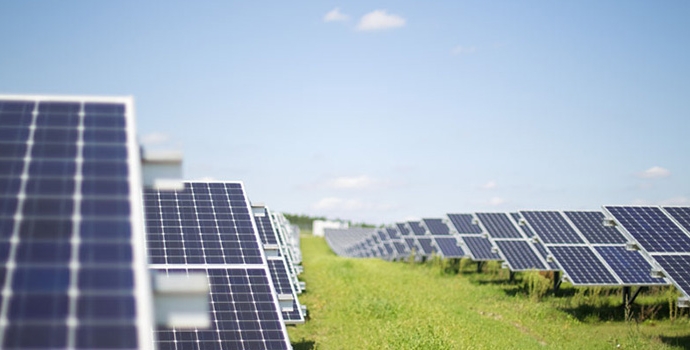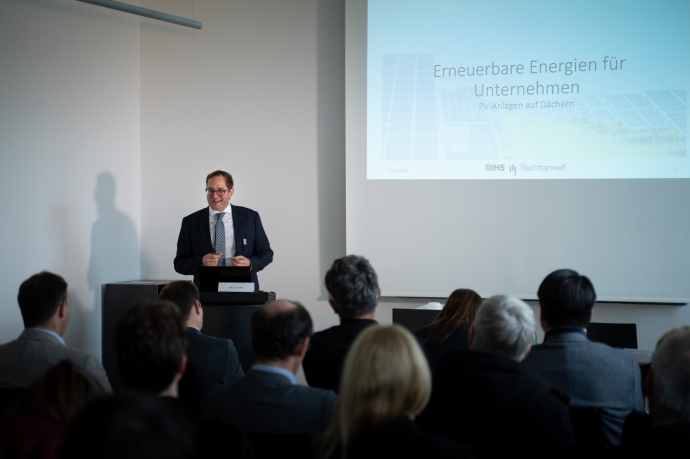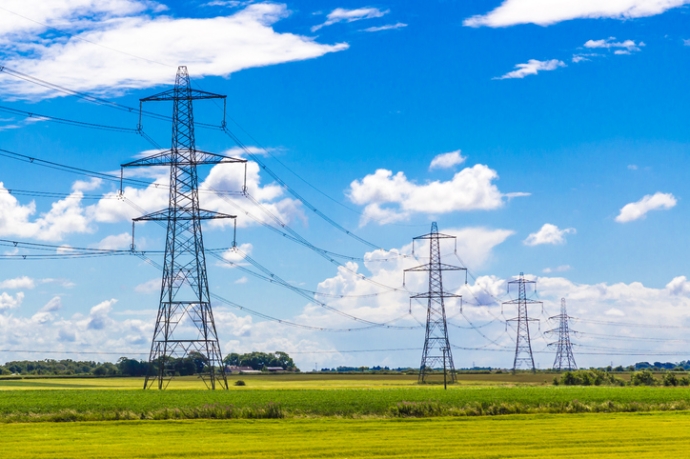Photovoltaic systems – contribution to climate protection
Electrical Power generation with photovoltaic (PV) systems is considered environmentally friendly. PV systems as decentralized power generation plants relieve the public electricity networks.
By installing and operating a photovoltaic system, grid users can make a significant contribution to climate protection.
New market players – Renewable Energy Communities (REC) and Citizens‘ Communities (CC)
There are various ways to operate PV systems: For example, for the purpose of self-supply, as a joint generation plant or together with other grid users, as part of a Renewable Energy Community (REC) or as part of a Citizens‘ Community (CC).
For more information, visit www.energiegemeinschaften.at.
Permits for PV systems
PV systems require a permit under electricity law in accordance with provincial regulations, depending on the installation method and output. All Austrian provinces have set up corresponding service centers to advise project applicants. Links and information are available at https://www.klimaaktiv.at/service/beratung/energieberatungen.html.
Electricity permits are only not required if the installation is part of a commercial facility.
A building permit will also have to be obtained in many cases. Under certain circumstances, considerations of regional planning and the protection of the appearance of a locality may prevent the installation of a PV system or require special consideration.
The system operator must then apply to the responsible network operator in his supply area for network access or technically adapt an existing network access to the requirements of the system. A separate metering point is required to measure the amount of electricity fed into the grid and the amount of electricity withdrawn from the grid. This requires the conclusion of a corresponding network access agreement with the network operator.
Subsidies for PV systems under the Renewable Expansion Act (EAG)
Operating subsidies under the Renewable Expansion Act (EAG) are only available for systems with a bottleneck capacity of more than 10 kWp. Operating subsidies are awarded for PV plants within the framework of two annual tenders. The plant operator must submit an offer (“bid”). The bid must specify a certain quantity (“bid quantity”) at a certain price (“bid price”). The contract is awarded to the cheapest bids and bid quantities until the tender volume is exhausted.
For more information on the area of support for electricity generation from renewable sources under the Renewable Energy Expansion Act (EAG), please visit https://eag-abwicklungsstelle.at/.
Our legal expertise in the field of renewable energies and PV systems
Dr. Georg Rihs has intensively dealt with the legal basis and procedures in connection with PV plants for a lecture on 23.11.2022 in the context of the conference “Climate.Economy.Law” and for a conference contribution. The contribution is to be published as part of a conference volume.
In his work as a lawyer with a focus on public law, Dr. Georg Rihs regularly deals with cases relating to electricity law, plant law and public procurement law.
Contact us for further information or specific questions in connection with the construction and operation of a PV system, whether as self-supplier, as co-operator of a joint generation facility, a Renewable Energy Community or a Citizen’s Community!


